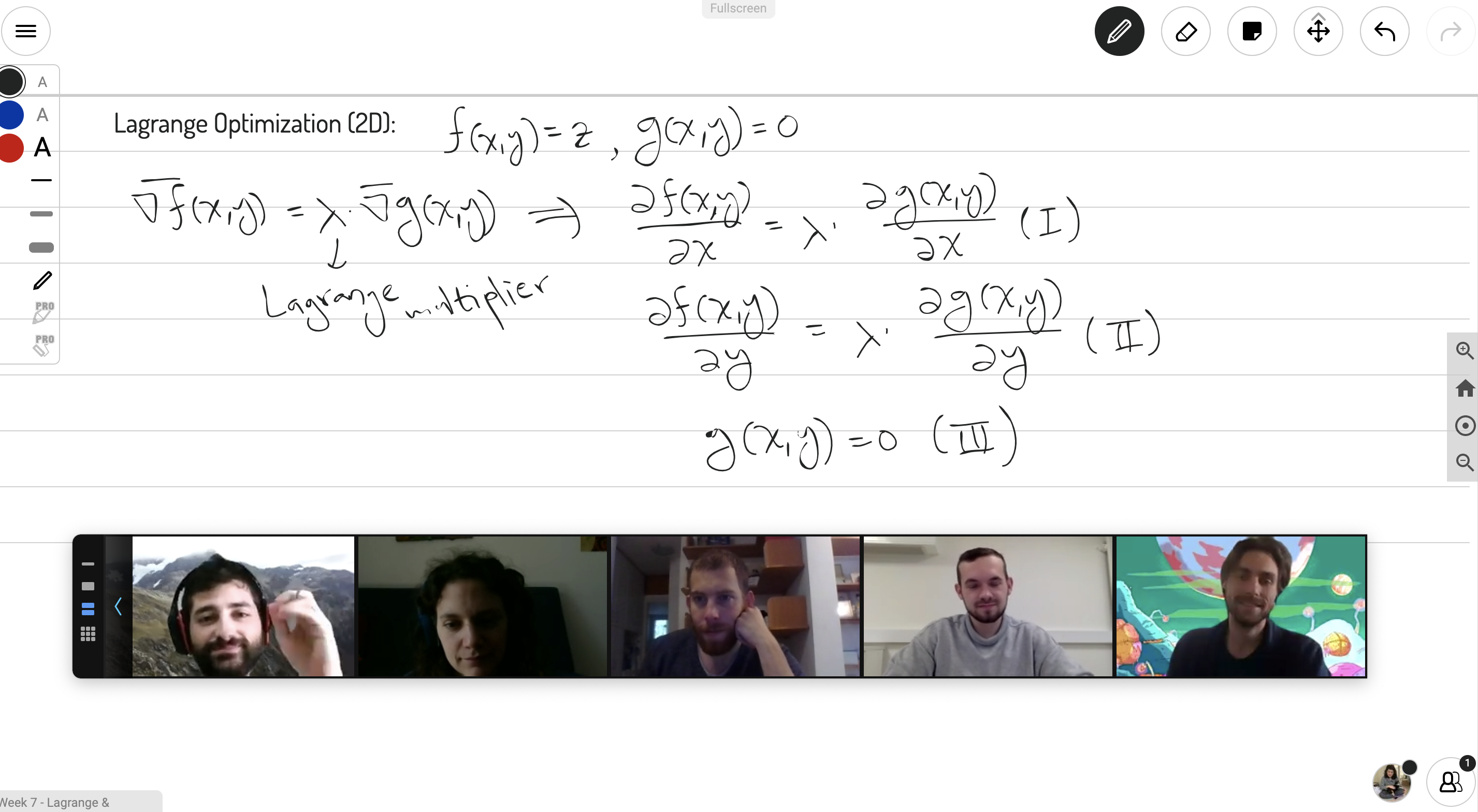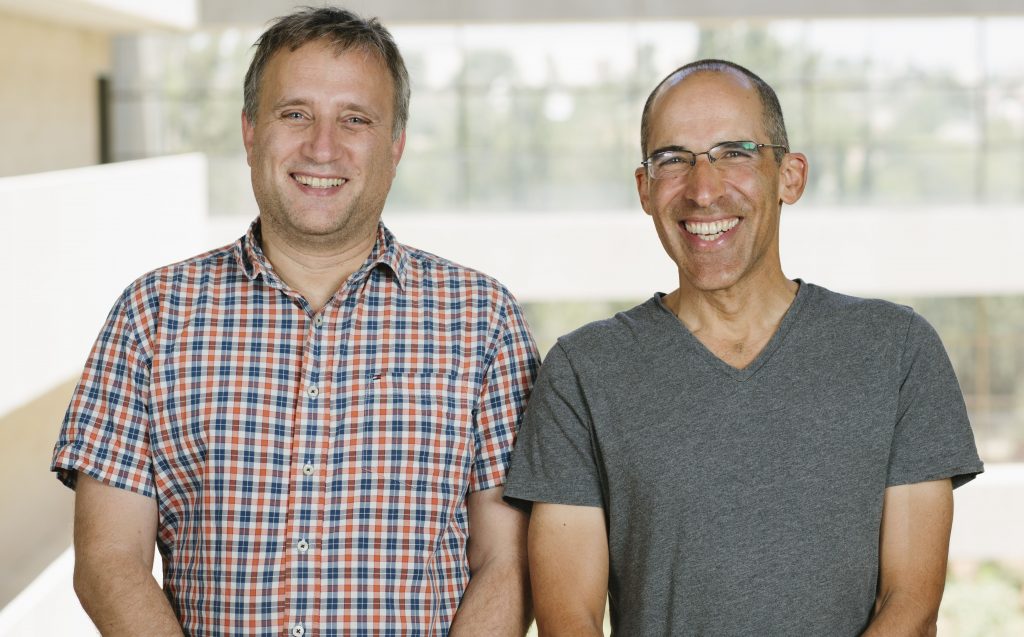As in every other year, ELSC’s faculty and students opened the new academic year with much excitement and anticipation – only this time it was behind their computer screens. Due to COVID-19 restrictions, we opened the year practicing online learning. Students who were with us last year are familiar with the online learning routine which started in the second semester of the last academic year. Our 17 new graduate students who started their journey with us this year have already adapted to online learning.
On orientation day prior to the start of the new academic year, we were unable to greet our new students in person in the Goodman Brain Sciences Building like we do each year. Instead, we brought them together online. Located in their homes in Israel, India, Germany, and Bulgaria, the promising students met their new Professors and dedicated administrative staff virtually. And this year, there are 34 undergraduate students on the Minor Track program to welcome – more than double the number we had last year. We do hope to see many of them in our graduate program in the future.
It seems like both our students and our professors are getting used to online learning, though a lot of them expressed hope to return to in-person interactions soon. Ilana Naveh, a third-year PhD student, shared “It’s a weird experience, starting the new semester from home. Having classes, seminars and meetings remotely has become our routine, but personally, I’m looking forward to going back to face-to-face interactions. In all the madness, I am grateful that ELSC provides us with the option to continue working and meeting (carefully) whenever possible.”

Online learning…
ELSC’s Neuroscientists Meet Hospital Neurosurgeons in a New Online Course
Undeterred by the difficulties posed by COVID-19, ELSC continues to develop innovative programs. One of them is a new series of lectures, entitled “Diseases and Health of the Brain”. Brain specialists and neurosurgeons at the Shaare Zedek Medical Center in Jerusalem lead this course. Throughout these lectures, complex clinical cases are discussed – identifying the challenges they present and focusing on recent developments in understanding and treatment. One of the aims of this program is to introduce ELSC scientists to the complexity of clinical and surgical approaches to brain disease, in the hope of creating future collaborations that might lead to successful outcomes. Over a hundred people are following this course: PhD students, postdoctoral fellows, and faculty members.
Prof. Idan Segev, one of the initiators of the course, said: “It is key that active physicians interact with us. We need to be educated about the most recent advances in brain-related diagnostics and treatments for stroke, headaches, tumors, movement disorders, etc. In turn, physicians should make use of modern “big-data” and computational/machine learning methods – one of the main expertise of ELSC. This exchange of knowledge will lead to new diagnostic and innovative treatments for devastating brain diseases”.





